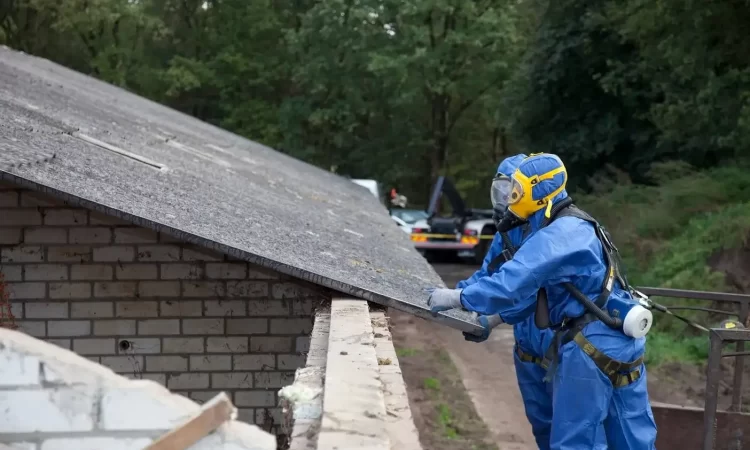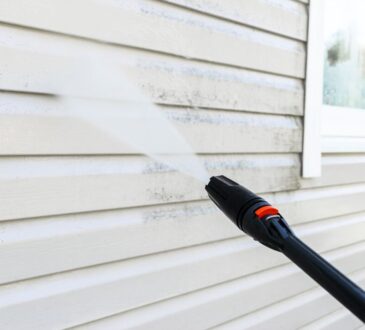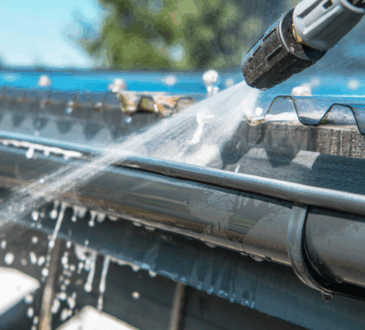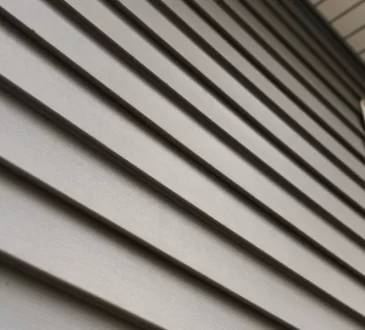Inside the Hidden Hazard – Why AJC Asbestos Surveys Are More Than Just a Legal Requirement

Asbestos—two syllables that can turn even the most confident property manager into a bag of nerves. It’s the ghost in the walls, the menace in the ceiling tiles, and the hidden hazard that most of us would rather not think about. But while the law says you must manage it, common sense says you should understand it.
For older buildings across the UK—particularly in London—professional asbestos surveys are not just another item on the compliance checklist. Done right, they protect lives, prevent costly delays, and preserve reputations. Done poorly—or not at all—they can wreak havoc.
This is where AJC Asbestos Surveys come in. More than just ticking a regulatory box, AJC Environmental takes a proactive, professional, and practical approach to uncovering risk before it becomes reality.
Contents
- What Asbestos Is and Why It’s Still a Threat
- The Legal Duty: What You Must Do (And Why)
- What Sets AJC Apart in a Sea of Surveyors
- Comparing Survey Standards: Comprehensive vs. Complacent
- FAQs: What You Need to Know About Asbestos and Compliance
1. What Asbestos Is and Why It’s Still a Threat
Once hailed as the miracle mineral, asbestos was used in everything from roof tiles to pipe lagging thanks to its strength, heat resistance and fireproof qualities. But as science caught up, its darker side was revealed.
The risk?
Disturbed asbestos releases invisible fibres that, when inhaled, can cause:
- Mesothelioma – A deadly cancer of the lung lining
- Asbestosis – Scarring of the lungs
- Lung cancer – With increased risk from even short-term exposure
And because symptoms can take decades to appear, asbestos has earned the sinister nickname “the silent killer.” According to the Health and Safety Executive (HSE), around 5,000 deaths a year in the UK are still linked to asbestos exposure.
2. The Legal Duty: What You Must Do (And Why)
Under the Control of Asbestos Regulations 2012, any building built before the year 2000 must be assessed for asbestos if it is:
- Owned, leased or managed commercially
- A workplace or public-access building
- Subject to renovation or demolition
Duty holders—including landlords, facilities managers, and employers—are legally obliged to:
- Identify the presence and condition of asbestos
- Assess risk and implement a management plan
- Keep records and re-inspect as needed
- Inform contractors and occupants when asbestos is present
Failure to comply can result in hefty fines, criminal prosecution, and serious harm to occupants or workers. It’s not just about rules—it’s about responsibility.
3. What Sets AJC Apart in a Sea of Surveyors
Let’s be blunt: not all asbestos surveys are created equal. AJC Environmental stands out by offering more than a clipboard and a cursory glance.
What makes AJC Asbestos Surveys different?
- BOHS-qualified professionals – Trained to the highest industry standards
- UKAS-accredited lab testing – For fast, reliable results
- Tailored advice – No generic templates; just clear, practical guidance
- Full photographic documentation and site mapping – For transparency and ease of understanding
- Post-survey support – Including help with asbestos management plans, contractor liaison, and compliance queries
Whether you’re managing a listed building in Camden or refurbishing a 1980s office block in Croydon, AJC ensures you’re not just compliant—you’re confident.
4. Comparing Survey Standards: Comprehensive vs. Complacent
| Survey Element | AJC Environmental | Low-Cost, Unqualified Surveyor |
| Accreditation | BOHS-trained surveyors, UKAS-accredited labs | Often uncertified or loosely affiliated |
| Survey Types Offered | Management, Refurbishment/Demolition, Re-inspection | Basic visual checks only |
| Report Detail | Photographs, risk levels, action steps | Vague, templated reports |
| Turnaround Time | Within 5–7 working days | Can be delayed or inconsistent |
| Follow-up Advice | Full management support | Often non-existent after report delivery |
AJC doesn’t just hand over a report and walk away—they stay with you throughout your compliance journey.
5. FAQs: What You Need to Know About Asbestos and Compliance
-
Do I need a survey even if I’m not doing building work?
Yes. If your building is non-domestic and built before 2000, you’re legally required to assess and manage asbestos—even if you’re not carrying out works.
-
Is asbestos still dangerous if undisturbed?
Yes. While it’s safer when sealed or in good condition, it still needs to be monitored regularly to ensure no accidental disturbance.
-
What type of survey do I need?
- Management Survey – For general occupation and maintenance
- Refurbishment/Demolition Survey – Required before structural work
- Re-inspection Survey – For ongoing management of known asbestos
-
Can I sell a property without a survey?
While it’s not legally required for selling, a survey helps demonstrate due diligence and reduces risk for buyers and contractors.
-
How often should I re-inspect known asbestos?
Typically every 6–12 months, depending on the material and risk level.
Conclusion: It’s About More Than Compliance
An asbestos survey isn’t just a box to tick—it’s a safety net, a legal shield, and a moral obligation rolled into one. Done properly, it eliminates hidden risk, protects lives, and keeps your project or property firmly on the right side of the law.
AJC Environmental doesn’t just provide asbestos surveys—they provide peace of mind. In a world where cutting corners can cost lives, trust a company that sees the full picture and helps you manage it responsibly.
So next time someone says, “Do we really need a survey?”—the answer is simple: Yes. And make it a proper one.




